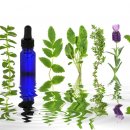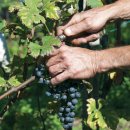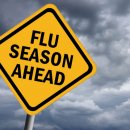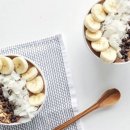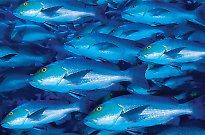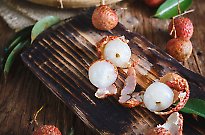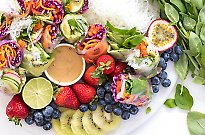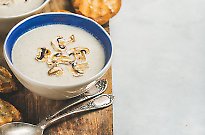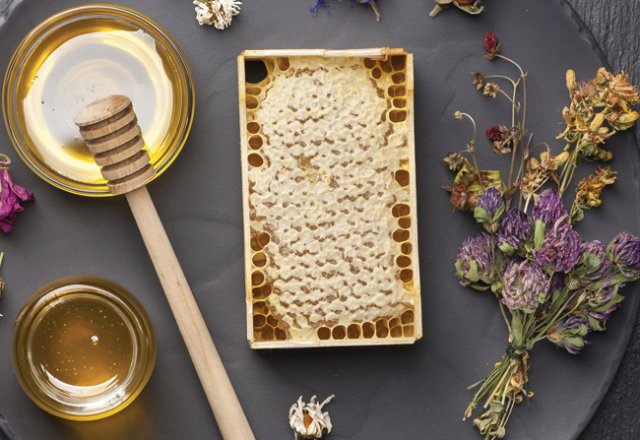
Bee pollen: superfood for the soul
Bee pollen: superfood for the soul

This issue, we take a closer look at the buzz around bee pollen. Words by Sally O'Neil.
Background
Bee pollen is made by honeybees, and is considered one of nature’s most completely nourishing foods. Known as pellets, one tiny yellow particle of bee pollen contains more than two million grains of flower nectar and pollen.
It is created naturally, starting with the bee visiting a flower. Pollen is collected and mixed with the nectar of a bee’s honey sac, located in its legs. This creates large granules, which the bees carry back to their hives for food. Beekeepers are able to remove the pollen from hives without harming the bees or disturbing their routine.
Chemists have analysed bee pollen using the latest diagnostic equipment, and have found a number of elements in bee pollen that science cannot identify. These specific elements could hold the key to why bee pollen is believed to be such a powerful health supplement.
Why it's super
It takes one bee working eight hours a day for one month to create just one teaspoon of pollen, which doesn’t make it the cheapest superfood on the market. However, it is believed to be one of the most nutritious supplements available, purportedly assisting in everything from weight management to infertility.
Lyndi Polivnick, the dietitian behind The Nude Nutritionist, says bee pollen is a complete source of nutrition, and contains more amino acids than beef, eggs, or cheese of equal weight.
“Bee pollen contains almost all B complex vitamins (including vitamins C, A, E, folic acid, and carotenoids) as well as several minerals, trace elements, essential fatty acids, enzymes and amino acids,” she says. “Gram for gram, it is also richer in protein than any meat we consume.”
Sadly, few clinical trials have taken place on bee pollen, so as yet there is no concrete evidence to back up claims about its therapeutic value. That being said, it has been used medicinally for a wide range of conditions for hundreds of years, from prostate health to skin conditions, and has been alleged to correct specific nutritional imbalances within the body.
Benefits
- Bee pollen is touted as a natural remedy for a host of common ailments. Its consumption has been linked with:
- Enhancing energy and stamina
- Helping common skin irritations
- Reducing infertility problems
- Weight management
- Assistance with respiratory issues
- Allergy treatment
- Aiding digestion
- Boosting immunity
- Lowering cholesterol
To benefit from its properties, the recommended dose of bee pollen is just one teaspoon a day. It can be eaten alone, sprinkled on cereals and fruit, or added to smoothies. It can also be used as a low-GI sweetener in a number of recipes.
NEXT: Camu camu

